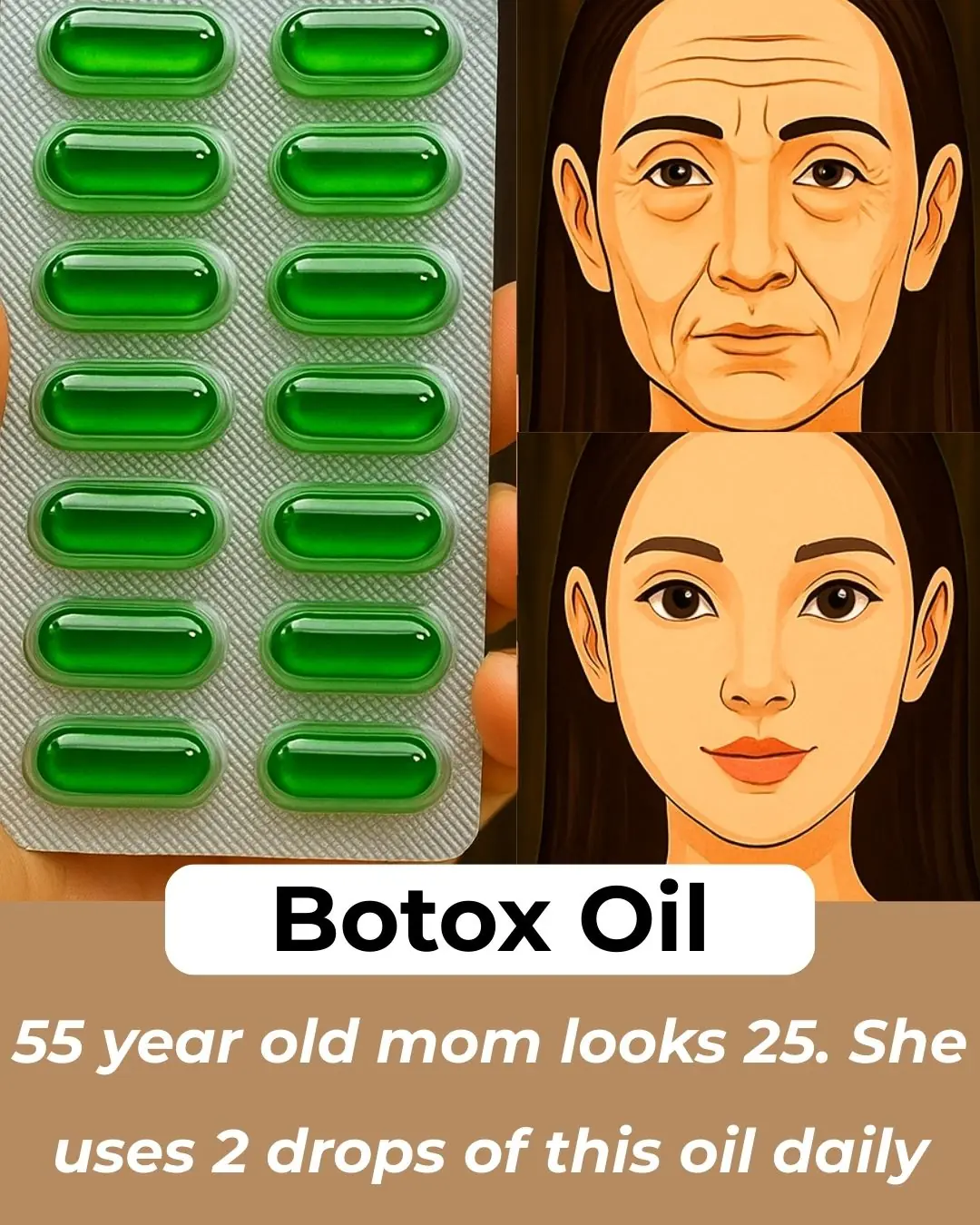
Eating ginger without peeling it – a lifelong health risk? The surprising truth that shocks everyone.
Should You Peel Ginger Before Eating? The Truth That Surprises Everyone
Many people wonder whether ginger should be eaten with or without its peel. This article will provide the answer.
Some believe that eating ginger with the peel maximizes its benefits, while others argue that peeling it helps prevent excessive heat in the body. So, what is the truth?
For centuries, ginger has not only been a familiar spice in the kitchen but also a valuable medicinal ingredient in traditional Eastern medicine. In the ancient medical text Compendium of Materia Medica, physician Li Shizhen wrote: “Ginger is pungent, warm, non-toxic, and helps dispel cold and relieve nausea.” Traditional medicine also notes that ginger warms the body, improves circulation, and may ease early symptoms of a cold if consumed as ginger tea.
Although ginger is highly beneficial, using it correctly is the key to unlocking its health value. The saying “eating ginger without peeling it leads to lifelong illness” has been passed down for generations and even regarded as a “golden rule” among health enthusiasts. However, the debate over peeling ginger has never been settled.
What Benefits Does Ginger Peel Offer?
According to traditional medicine, ginger peel and ginger flesh have different properties:
-
Ginger peel has a slightly cooling nature, helping to reduce swelling and promote urination.
-
Ginger flesh is warm in nature, helping to warm the body and dispel cold.
Therefore, whether to peel or not depends on one’s body condition and purpose:
-
People with cold constitutions, often experiencing cold hands and feet, should eat ginger with the peel to retain its warming effect.
-
People with hot constitutions, prone to mouth ulcers or acne, should peel the ginger to avoid aggravating heat in the body.
-
Those suffering from swelling or water retention may benefit from consuming ginger with the peel, as it helps reduce fluid buildup.
Scientific studies show that ginger contains beneficial compounds such as gingerol, shogaol, and essential oils with anti-inflammatory, antioxidant, and digestive-supporting properties. Ginger peel itself also contains polyphenols and anti-inflammatory compounds, with no evidence of toxicity. Thus, peeling or not peeling largely comes down to habit and personal health condition.
How to Use Ginger for Best Results
-
Making ginger tea or ginger water: Leaving the peel on gives a milder taste, while peeling increases pungency due to higher gingerol concentration.
-
Cooking: Ginger enhances flavor and removes fishy odors, and peeling makes little difference in this case.
-
Medicinal use: In Eastern medicine, the balance between “heat” and “coolness” is emphasized, so whether to keep the peel depends on treatment goals.
Proper Storage of Ginger
Improper storage can lead to mold and the production of aflatoxin, a harmful substance. To keep ginger fresh:
-
Store in a dry, well-ventilated place.
-
Wrap in plastic film and refrigerate to extend freshness.
Who Should Avoid Excessive Ginger Consumption?
Despite its many benefits, ginger is not suitable for everyone:
-
People with stomach ulcers, hepatitis, or those recovering from surgery may find ginger irritating.
-
Pregnant women can use ginger in moderation to ease morning sickness, but excessive intake may cause overheating.
News in the same category


Be careful — one single action at the airport could ruin your en:tire life.

Condolences to those who are using these 4 types of electric kettles: Throw them away while you still can, thousands of people have already developed c:ancer.

Don't Throw Away That Old Non-Stick Pan! Try This Simple Trick to Make It Like New

Pouring Salt Down the Drain: A Surprising Trick More People Are Trying

3 Simple Ways to Keep Your Home Completely Rodent-Free

7 Household Appliances That Consume More Electricity Than Air Conditioners — I Sadly Realized My Home Has Them All

Four Plants in Your Garden That Attract Snakes Like Crazy — Remove Them Immediately for Family Safety

Tips for pickling white eggplants that are crispy, do not turn black, and do not form scum when left for a long time

4 habits that may be silently accelerating your body’s aging process

Boiling perilla leaves with a few stalks of lemongrass gives your body these 7 amazing benefits.

Even the Most Expensive Electric Kettle Can Turn Into a "Time B0 m b" If Your Household Has These 4 Habits

If a Non-Stick Pan Shows These 3 Signs, It’s Best to Throw It Away Immediately to Avoid Health Risks

Fish Sellers Reveal: 2 Types of Fish So Cheap You Should Never Buy, Yet Many People Still Unknowingly Purchase Them

95% of People Don’t Know the Meaning of the Numbers at the Bottom of Plastic Bottles and Containers

The hidden electricity-draining device at home that few people notice: It consumes more power than a refrigerator or washing machine

Seafood seller warns: Avoid these 4 types of shrimp or risk your health!

Place a bowl of salt in the fridge: A simple yet powerful trick I wish I had known 30 years ago
News Post

5 Delicious Eating Habits That Put the Whole Family at Risk of C:ancer – Extremely Dangerous and Should Be Avoided Immediately

Be careful — one single action at the airport could ruin your en:tire life.

Condolences to those who are using these 4 types of electric kettles: Throw them away while you still can, thousands of people have already developed c:ancer.

How Magnesium Keeps Your Heart Rhythm Healthy

Why Do I Cough When Taking a Deep Breath?

Taking the Stairs Could Help You Live Longer

Purple Veins on Your Legs: When to Worry

Man develops 'pork worms' in his brain after years of doing this specific cooking habit

Signs Your Cortisol Is Dangerously High

Woman who d::ied for 24 minutes before being brought back to life details exactly how it felt

The Sleep Saboteur: The One Thing You Should Never Do When You Wake Up at Night

Nightly Habits That Could Increase Your Risk of Stroke

🚨 ALERT! 7 Strange Signs Your Kidneys Are Crying for Help

Vitamin E Oil uses for Skin – Glowing Skin, Dark Circles & Wrinkles

DIY Aloevera ice cubes to Remove Dark Spots & Clear Skin | Aloevera Benefits for Skin

Tips for pickling white eggplants that are crispy, do not turn black, and do not form scum when left for a long time

11 Secret Baking Soda Tricks for Women That Will Change Your Life!

Mattresses used for a long time are dirty and smelly, sprinkle this on the surface, no need to wash with water, it will be clean as new

‘Healthy Man’ Diagnosed With Cancer After Noticing Dog’s Bizarre Behavior Around Him
